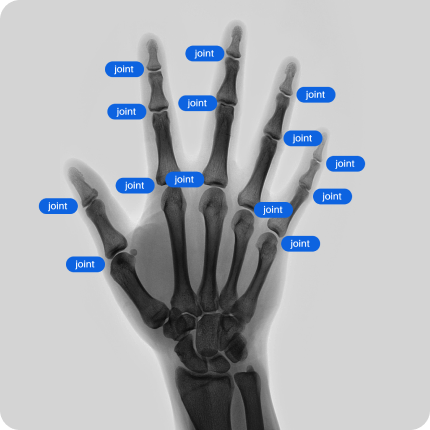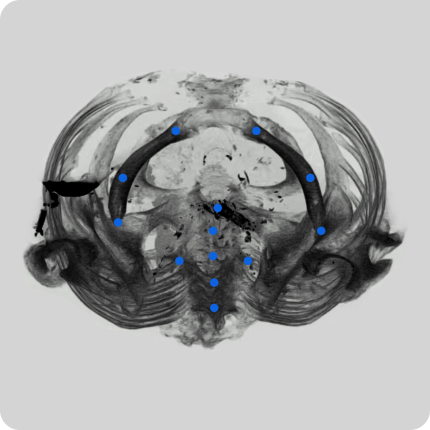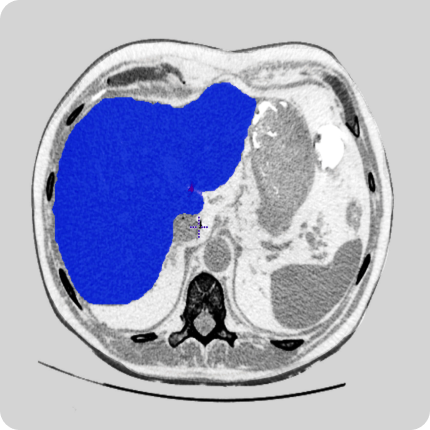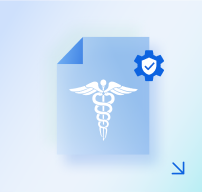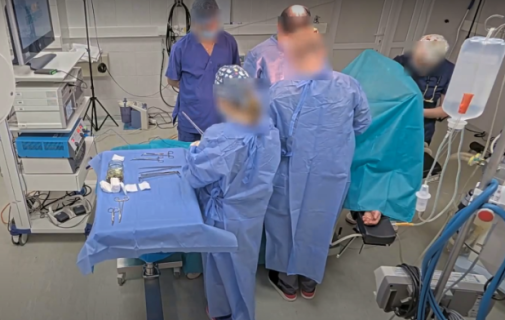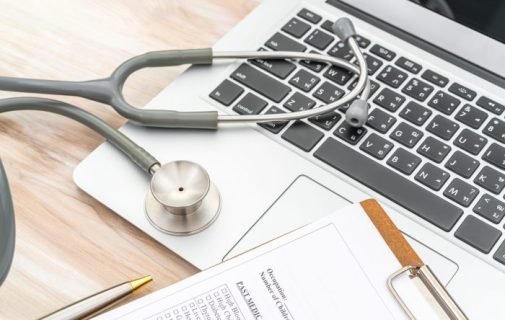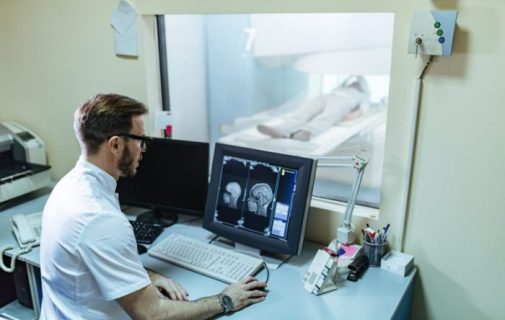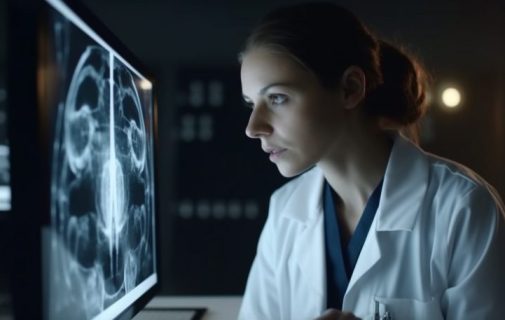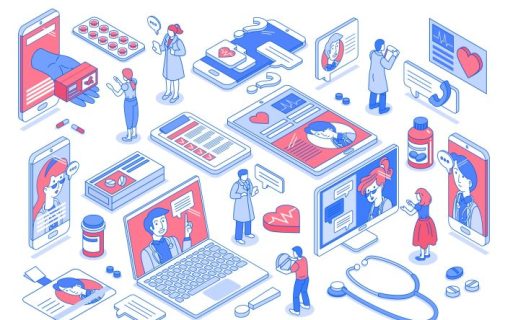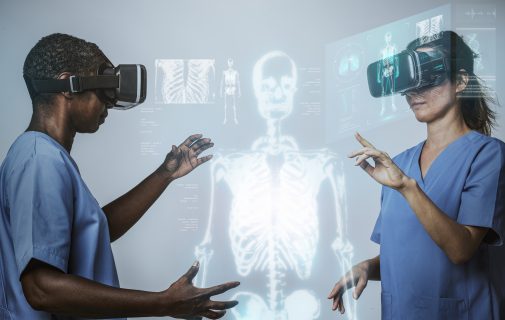
Chatbot Symptom Checker
Recently Babylon Health came out with a new app, called Symptom Checker, that people can use to check their symptoms. First, the user would need to type in the symptoms they are experiencing and the chatbots will then follow up with some questions. For example, let’s say that someone types in “headache” as one of the symptoms. The chatbot will then ask a follow-up question such as “Does the headache come and go or is it there all the time?” The app will then provide the user with some information about possible conditions, recommend the next steps, and even connect them with a doctor if they wish. Such an app is especially useful in helping people identify possible symptoms of the COVID-19 virus and provide them with some instructions to follow.
Using AI to Diagnose Skin Cancer
According to data from the Skin Cancer Foundation, 1 in 5 Americans will develop skin cancer by the age of 70. Early detection is critical since the 5-year survival rate for melanoma is 99% if the cancer is detected in its early stages. This is why researchers at Stanford University created a deep learning algorithm that can assist dermatologists in detecting skin cancer and will also help individual people diagnose themselves via smartphones. This is all possible thanks to the new algorithm that currently exists on a computer, but hopefully, in the future, it will be available on smartphones as well. Imagine you are in a situation where you are living far away from the nearest doctor or you may not be able to take time off work, you don’t have health insurance, or any other obstacles preventing you from getting access to care.
The team at Stanford University is trying to solve this problem by taking 130,000 skin disease images and training their algorithm to visually diagnose potential cancer. One of the issues they encountered was that there is no huge dataset of skin cancer that they could just train our algorithms on so they gathered images from the internet and worked with the medical school to create a nice taxonomy out of data that was very messy. In the end, they amassed about 130,000 images of skin lesions representing over 2,000 different diseases.
Diagnosing Pathological Diseases
Even though there have been many advancements in AI and other areas over the years, the way pathologists diagnose diseases has remained relatively unchanged. However, a team of researchers from Harvard University and Beth Israel Deaconess Medical Center have created an AI system that can interpret pathology symptoms with a long-term goal of further increasing the accuracy so these systems can be used in medical practices. A great example of the possible application of such AI tools would be with the diagnosis of metastatic cancer. Currently, doctors need to spend many hours examining a patient’s lymph nodes by peering into the microscope and sifting through millions of normal cells to identify just a few malignant cells. Needless to say, such work is extremely laborious using conventional methods.
The AI system being developed could take all of this time-consuming work off the shoulders of medical professionals, allowing them to devote more time to patients. The current work being done is very promising since the success rate of the AI system is already at 92%, which nearly matches the success rate of human pathologists.
More Data and Training Will Lead to Greater Breakthroughs
Even though the technologies we described above have the potential to increase the quality of healthcare, a lot of work is being done every day to further hone the level of machine learning algorithms and make the entire AI system more accurate. A lot of the work greatly depends on the availability and access to high-quality medical datasets that have been obtained with strict compliance with HIPAA, GDPR, and other regulations. This will greatly enhance and expedite the work being done by data scientists and medical professionals in increasing the level and access to healthcare for people all over the world.

